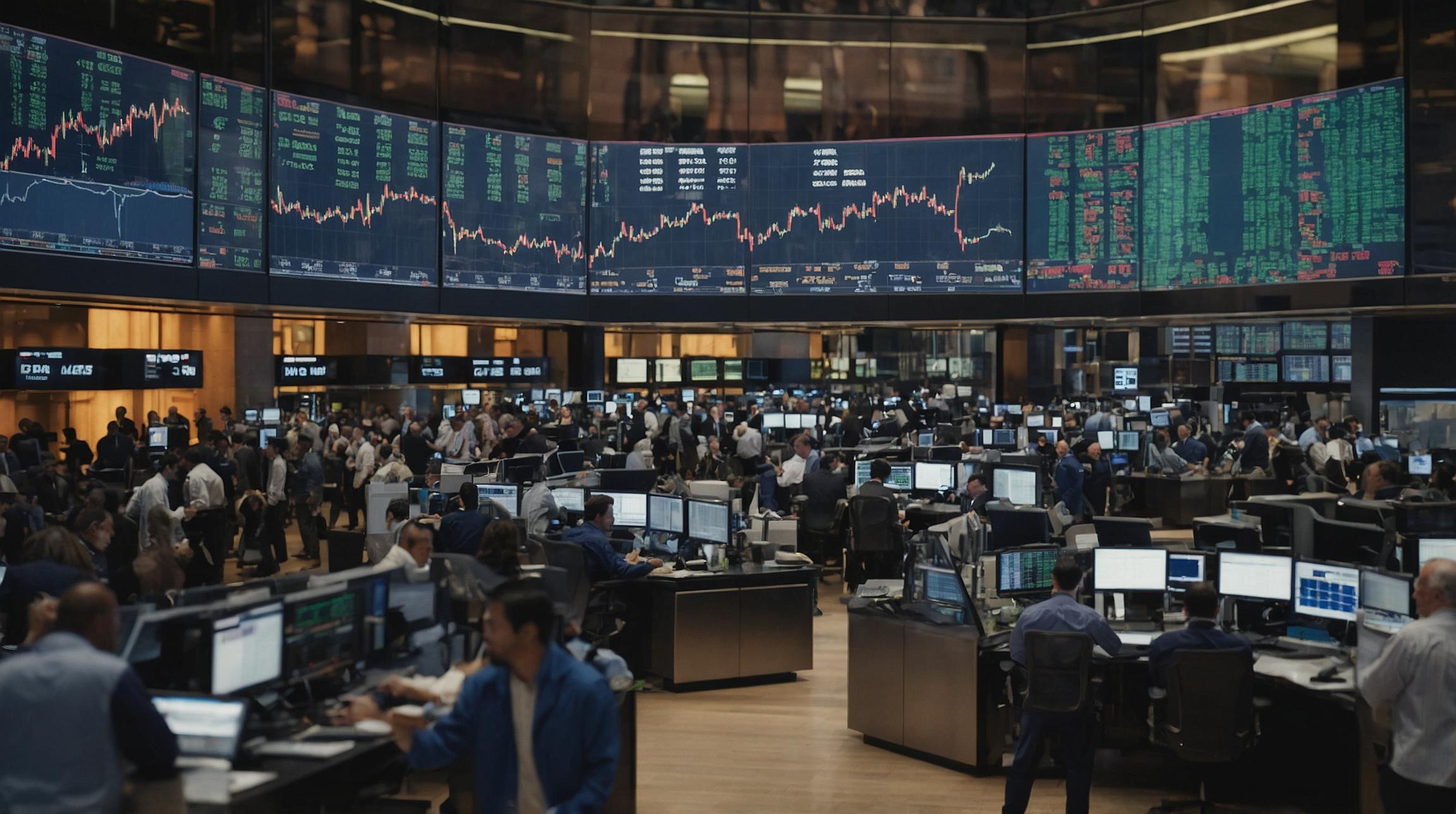Understanding Market Volatility in 2024
What is Market Volatility?
Market volatility refers to the rate at which the price of stocks increases or decreases. It is a measure of risk, and understanding it is crucial for investors. High volatility means the market is unpredictable, with substantial price swings both upwards and downwards. This can be seen in the recent movements of the S&P 500, where significant gains and losses have occurred within a short span.
Recent Movements in the S&P 500
Recently, the S&P 500 experienced its largest daily gain for 2024, rising by 2.3%. However, just days before, it had suffered its largest single-day loss of the year. These fluctuations highlight the unpredictable nature of the current market.
The Role of the Volatility Index
The CBOE's Volatility Index, often referred to as the VIX, is a popular measure of market volatility. It has spiked from around teens to over 65, indicating increased uncertainty among investors. A high VIX typically means that traders expect substantial changes in stock prices in the short term.
Impact on Investment Strategies
Volatility can affect investment strategies. High volatility might suggest lower returns in the short term, which can be misleadingly associated with market downturns. However, it's important for investors to understand that volatility does not only point downwards; it can also lead to significant gains.
Investment Advice Amid Volatility
Experts like Brian Belski, BMO's chief investment strategist, suggest that investors may benefit from maintaining their current positions rather than making hasty decisions. His prediction of a 5,600 year-end price target for the S&P 500 accounts for possible drawdowns, which are typical in the second year of bull markets.
The Cost of Volatility
The adage "volatility is the price you pay for equity market returns" implies that enduring market fluctuations is part of achieving long-term gains. Investors often struggle with the emotional aspect of volatility, but it is important to remain focused on long-term objectives.
Conclusion
Understanding market volatility and its impact on investments is crucial. By acknowledging recent market trends and expert insights, investors can better prepare for the inherent uncertainties of the stock market while aiming for their financial goals.













